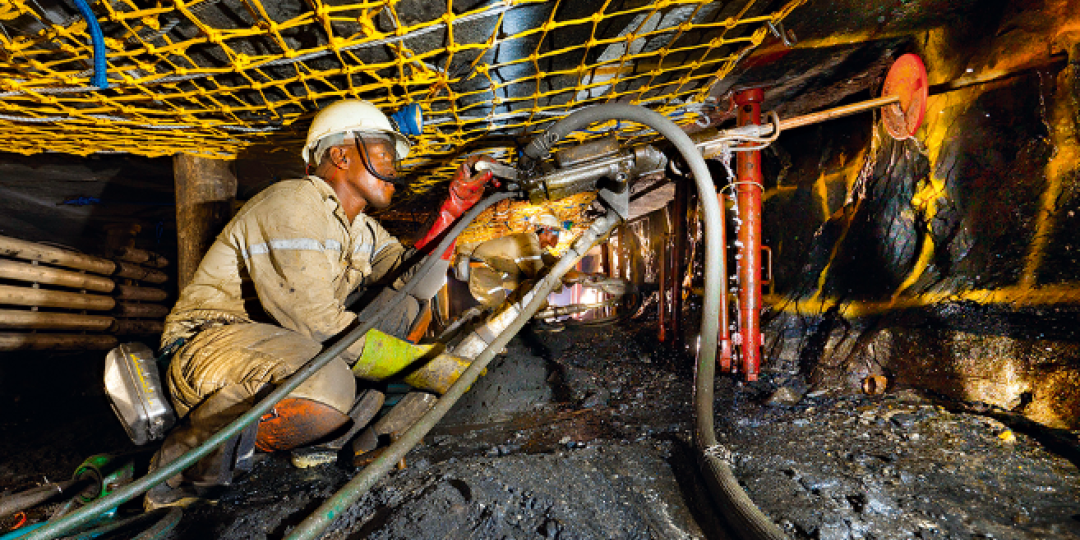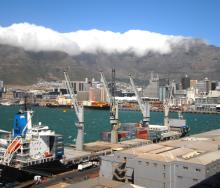South Africa's mining industry created jobs and delivered higher taxes for the fiscus during 2023, despite Eskom's electricity shortages and severe logistics constraints on the country's freight rail network and its ports.
The annual Facts & Figures 2023 report by the Minerals Council estimates that the sector created more than 7,500 jobs last year, employing 477,000 people while total wages increased by 7% to R186.5 billion.
The mining industry's contribution to the fiscus, comprising direct company taxes, royalties, and pay-as-you-earn tax contributions on employee wages, is projected to have increased by R9 billion to R135.3bn.
However, towards the end of 2023 and into 2024, several companies announced restructuring processes to reposition themselves according to reduced electricity availability, severe rail constraints, port delays and a downturn in the prices of coal and platinum group metals (PGMs).
The repositioning process came during a challenging backdrop where South Africa's mineral sales in nominal terms fell by more than 13% in the first ten months of 2023.
The expectation is that mineral sales will post their first calendar year decline since 2015 and the largest annual fall since the global financial crisis in 2009.
The direct contribution of mining to gross domestic product (GDP) fell by 12% to R425.6bn, and its percentage contribution to GDP dropped to 6.2% from 7.3%.
Mineral exports fell by more than 11% to R781.6 billion.
The two biggest contributors to mineral sales, PGMs and coal, demonstrate the negative impacts Eskom and Transnet have had on mining sales and output performance.
PGM sales generated an estimated R199 billion in 2023, a 33.3% decline from the previous year, and production fell by 11% to 239.9 tonnes.
Mining production, particularly from underground operations, is closely correlated to electricity supply.
In 2023, Eskom's supply shortfall reached a new record, and load shedding increased to 6,760 hours, up from 3,751 hours in 2022, an 80% change.
In the coal sector, producers increasingly relied on road transport to move coal to ports, including Maputo, which carries a cost-premium compared to rail
Total estimated coal sales of R192.2 billion were 22% lower year-on-year, and total production was flat at 228.5 million tonnes.
Coal exported through Richards Bay Coal Terminal fell to 47.9 million tonnes in 2023, the lowest level since 1992.
This was a continuation of the decline since the peak of nearly 76 million tonnes shipped in 2017.













